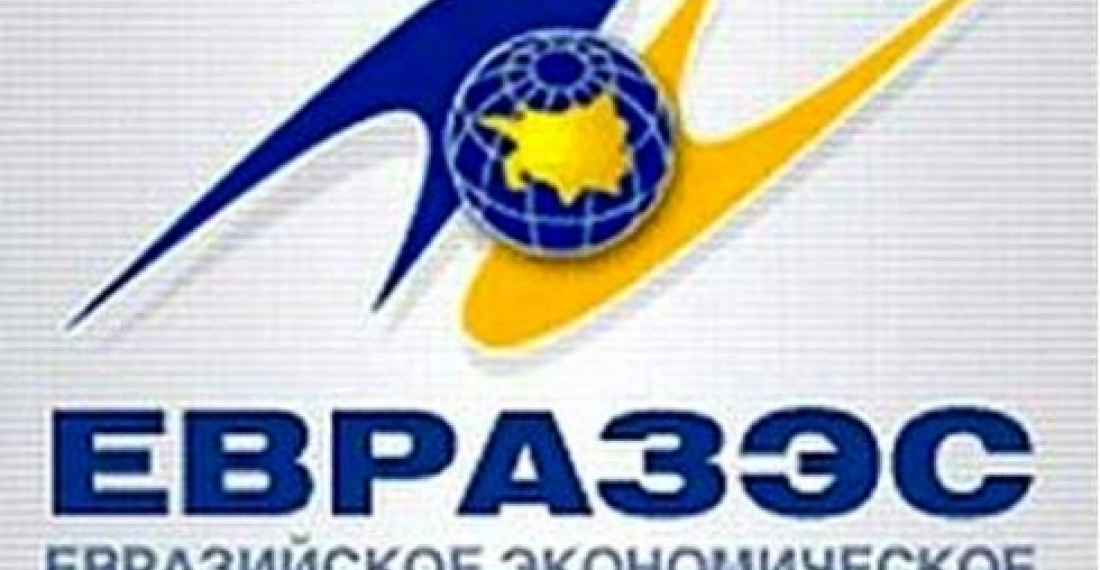Yerevan, November 14. ArmInfo.
There are no political obstacles in the way of Armenia's accession to the Eurasian Economic Union, the existing complexities are actually technical problems, Andrey Klimov, representative of the Yedinaya Rossiya Party, member of the Federation Council, Coordinator of the Eurasian Dialogue, told ArmInfo.
Though the stance of Russia, Belarus and Kazakhstan is that the future Eurasian Economic Union should not be expanded abruptly, nevertheless, the given project is aimed at stimulating the integration processes not only in the post-Soviet, but also Eurasian space. "As regards Armenia's accession to this organization, there is only one technical problem - the lack of common borders with the member countries of this structure. Numerous technical problems arise amid the lack of common borders; for instance, the goods are declared in one place and go via a transit territory. I do not want to say that it is an insoluble problem, but obviously it is not a political problem", he said.
He pointed out the example of Great Britain, which is a member of the European Union but has no common land borders with the EU. "Another example is the Kaliningrad region, which has no common borders with Russia, but it is a part of our country. So, the precedents exist, and the given topic needs professional debates", he said.
In November 2011 the Presidents of Russia, Belarus and Kazakhstan signed a declaration on Eurasian economic integration aimed at creation of the Eurasian Economic Union.
In early October 2011 Vladimir Putin said that the Eurasian Economic Union will be neither a new USSR, nor a new CIS, it will effectively link Europe and the Asia-Pacific region and will coordinate the economic and currency policies.







